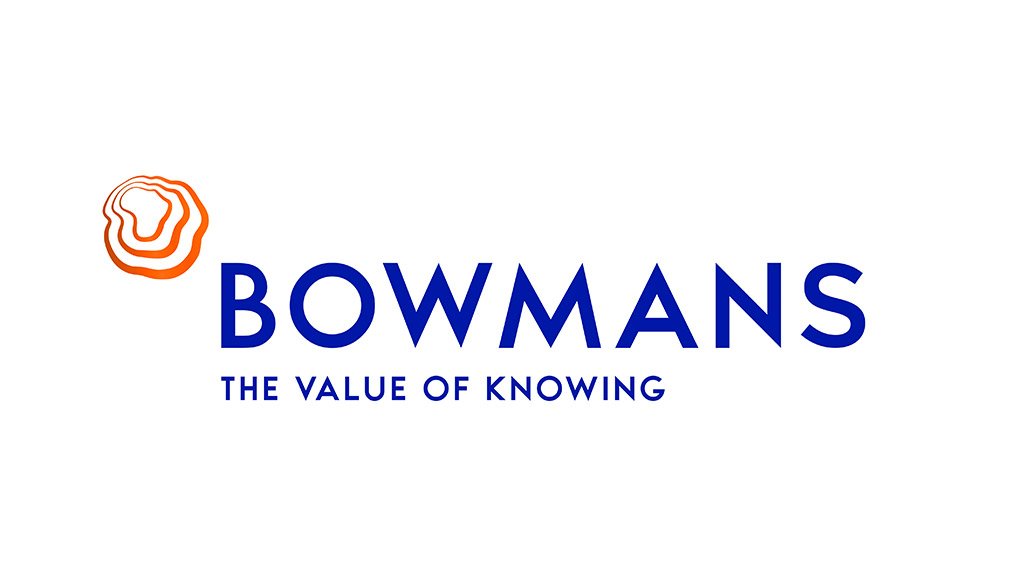On 19 May 2023, the Department of Water and Sanitation (DWS) published Draft Regulations which have generated significant comment and controversy and the DWS has already walked back on some of the more controversial proposals.
The Regulations Regarding the Procedural Requirements for water use license applications and amendments (Draft Regulations) were published for public comment for a period of 60 days (to 18 July 2023).
If the final version is published in the current form, the Draft Regulations would have far-reaching consequences for all industries and not only the agricultural sector which has strongly objected to the Draft Regulations.
Substantively, the Draft Regulations propose to set a minimum black shareholding requirement for consumptive water use license applications in terms of section 21(a), (b) and (d) of the National Water Act 1998. These sections respectively relate to (i) taking water from a water resource, (ii) storing water or (iii) engaging in a stream flow reduction activity.
Mining and related industries regulated by mining legislation, as well as state-owned entities and entities that are 100% black owned are exempted from this shareholding requirement. Notwithstanding this exemption, these consumptive water uses extend beyond the agriculture and forestry sector. For example, a non-mining industrial private sector company may have an abstraction borehole for its manufacturing or other industrial processes.
If the Draft Regulations are promulgated in their current form, it would mean applicants for the consumptive water uses will be required to have 25% black shareholding where they apply to take or store water between 250 000 and 500 000 m3 50% black shareholding in respect of a volumes between 500 000 and 1 000 000 m3 and 75% black shareholding in respect of volumes over 1 000 000 m3.
While the South African Government is given authority in terms of the National Water Act over the nation’s water resources and their use, including the equitable allocation of water for its beneficial use and the redistribution, it is required to exercise these powers in a rational manner and within the framework of the Constitutional protections guaranteed to all.
Section 27(1)(b) of the National Water Act provides that the need to redress the results of past racial and gender discrimination must be considered by the authority responsible for issuing general authorisations and licenses. Further, section 45(2)(c) of the National Water Act provides that water be ‘allocated to each of the applicants to whom licenses ought to be issued in order to redress the results of past racial and gender discrimination in accordance with the constitutional mandate for water reform’.
Notwithstanding this authority, it should be noted that the Draft Regulations may be challenged if they place preferential considerations above everything else. Allocation of water use entitlements must inter alia comply with the legality principles and must be rational. This principle has previously been upheld in Goede Wellington Boerdery (Pty) Ltd v Makhanya NO and Another, where a water use license was solely refused on the basis of needing to redress historical racial imbalances. The Court held that this could not be the only criterion considered in decision-making. In other words, insofar as the Draft Regulations want to impose minimum black shareholding as a pre-requisite for granting of water use entitlements, this approach is ultra vires the National Water Act which requires consideration of a range of factors.
Following meetings with agricultural stakeholders, the DWS has clarified that it only intends these Draft Regulations to apply to new allocations and applications to expand allocations. The response from organised agriculture has been that even from this limited perspective the Draft Regulations would threaten food security by dampening new investments in agricultural production.
In our experience, the DWS is already informally applying an approach of requiring agricultural companies seeking new abstractive allocations to be more than 51% black owned, the legality of which, following the Goede Wellington Boerdery judgement, continues to be questioned. The DWS would be well advised to consider amendments to the National Water Act itself if it wishes to pursue this approach, and amendments to the National Water Act would of course need to survive Constitutional and rule of law scrutiny.
Submitted by Bowmans
EMAIL THIS ARTICLE SAVE THIS ARTICLE ARTICLE ENQUIRY
To subscribe email subscriptions@creamermedia.co.za or click here
To advertise email advertising@creamermedia.co.za or click here











